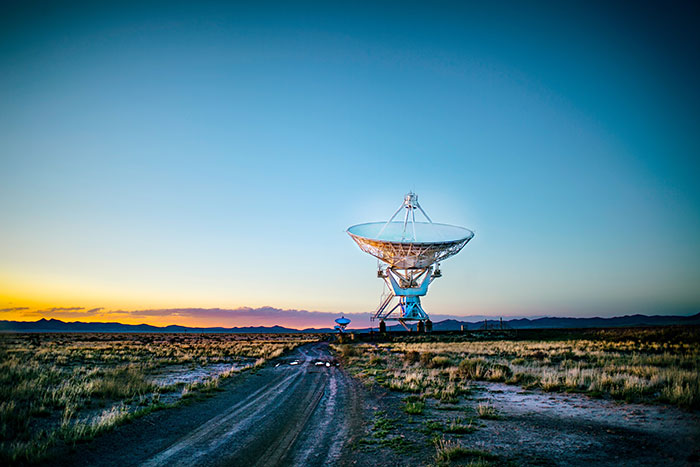Scientists have always found the sight of a tiny planet careening helplessly, without direction, and unattached to any star very fascinating. One such find may have been spotted again recently, termed the smallest rogue planet, possibly smaller than our Earth planet.
According to scientists, there are billions of rogue planets in our galaxy. However, only a few have been spotted in about 4,000 worlds that researchers have discovered, existing beyond our solar system.
Most of these rogue planets are very massive and measure about two to forty times the Jupiter size, the fifth planet from the Sun, and the largest in our Solar System. Jupiter is also about 300 Earths’ size to put the sheer size of this planet into perspective. And now, astronomers said they might have discovered a rogue planet unlike any other previously detected – it is tiny, estimated to be about Earth’s size, free-floating, and moving through our Milky Way.
The fascinating rogue planet may be the tiniest rogue planet and could help confirm a cosmic theory that was yet unproven for ages now. According to the study’s authors, which was published in the Astrophysical Journal Letters, this free-floating world confirms suspicions that rogue planets, the Earth’s size, are more common in our galaxy.
Speaking to Live Science about the study, Przemek Mroz, a lead study author and postdoctoral fellow at the California Institute of Technology, said that the odds of discovering such a low-mass object was extremely low. He posits his team’s findings on different factors at play, such as luck or the objects may actually be common than we think in our Milky Way, saying they may even be more widespread just like stars.
Exoplanets in our galaxy are discovered because of their host stars. These stars provide them with the light that enables researchers to observe these outer planets directly. Situations occur when the planets prove too small for astronomers to detect directly. In such a scenario, astronomers can resort to detecting it through the little gravitational pull it wields on its host star or by the bright light it exudes when it passes through the Earth-facing side, otherwise known as the transit method.
However, rogue planets, in this case, do not have a known start to flicker through their way. So, instead, Einstein’s theory of general relativity, known as gravitational lensing, is used to detect these rogue planets. Using this method, a planet acts as a cosmic magnifying glass that bends the light of objects behind it from Earth’s perspective for a short time. Mroz explained that the object passes between an Earth-based observer and a distant source star, thereby deflecting and targeting light from the source.
Microlensing describes a rare occurrence whereby a tiny planet the size of Earth will brighten the source star for a moment while a planet bigger than Jupiter by far will create brightening effects whose effects will be felt for days. Mroz explained that it is very rare observing microlensing as it could take almost a million years to observe the source being micro-lensed if scientists observed only one star.
However, Mroz and his team are observing hundreds of millions of them, not just on. They utilized observations from the Optical Gravitational Lensing Experiment (OGLE), a star survey from the University of Warsaw, Poland, to look for microlensing signs. The star survey from the university has turned up 17 exoplanets since 1992. In 2016, they witnessed the shortest microlensing ever.
So, the current rogue world observed could be one-half or one Earth mass, depending on the planet’s distance from the source star. Mroz praised Einstein’s theory, which allowed scientists to discover tiny pieces of rocks floating in the galaxy. There are chances that more rocks may follow.
Source: space.com









